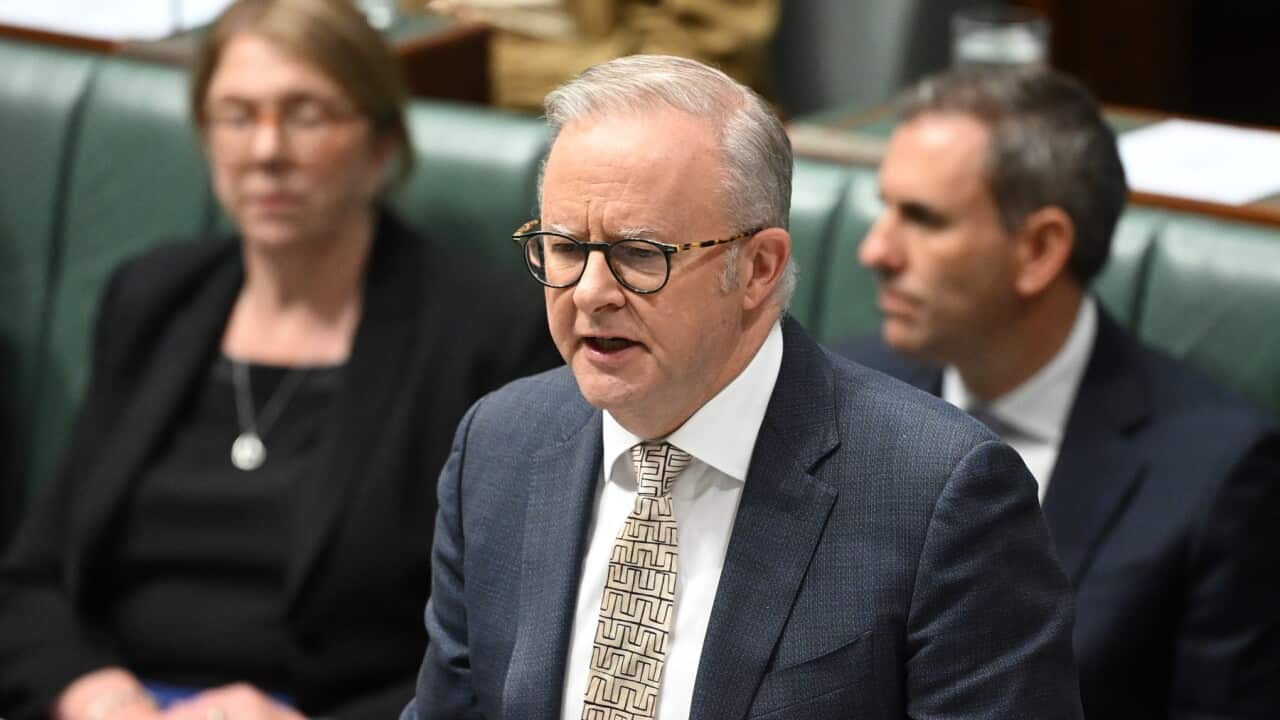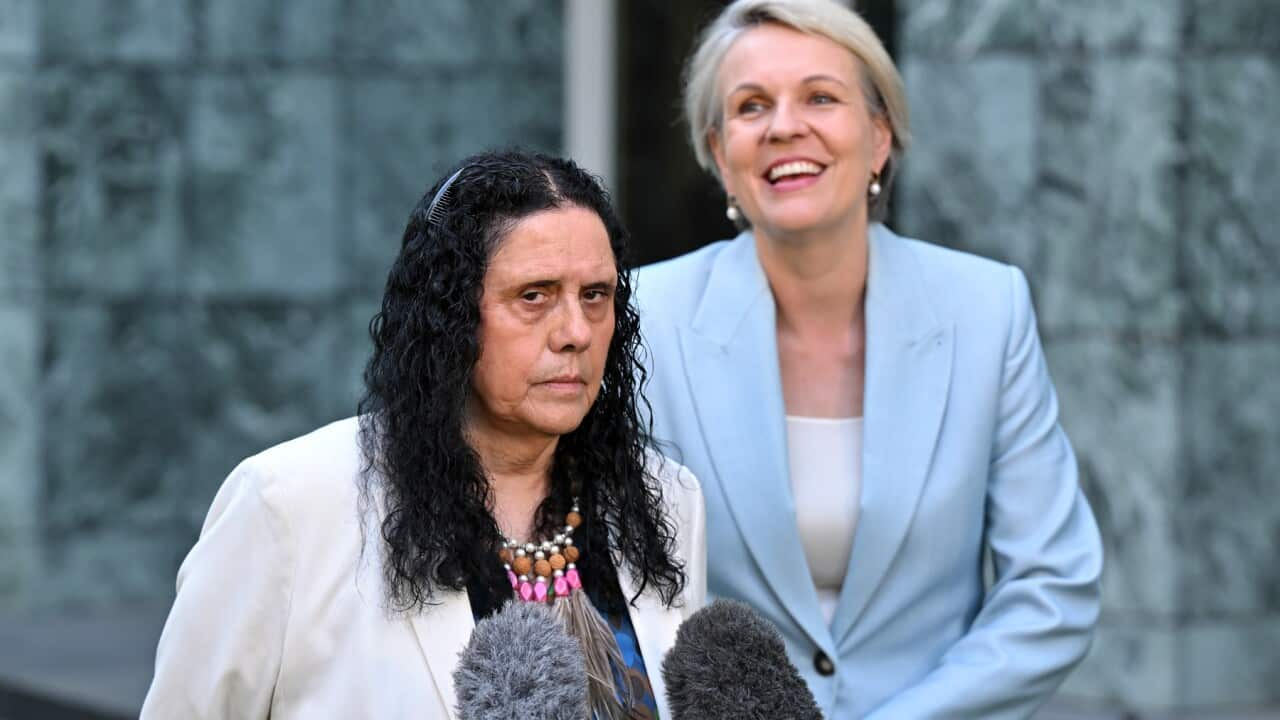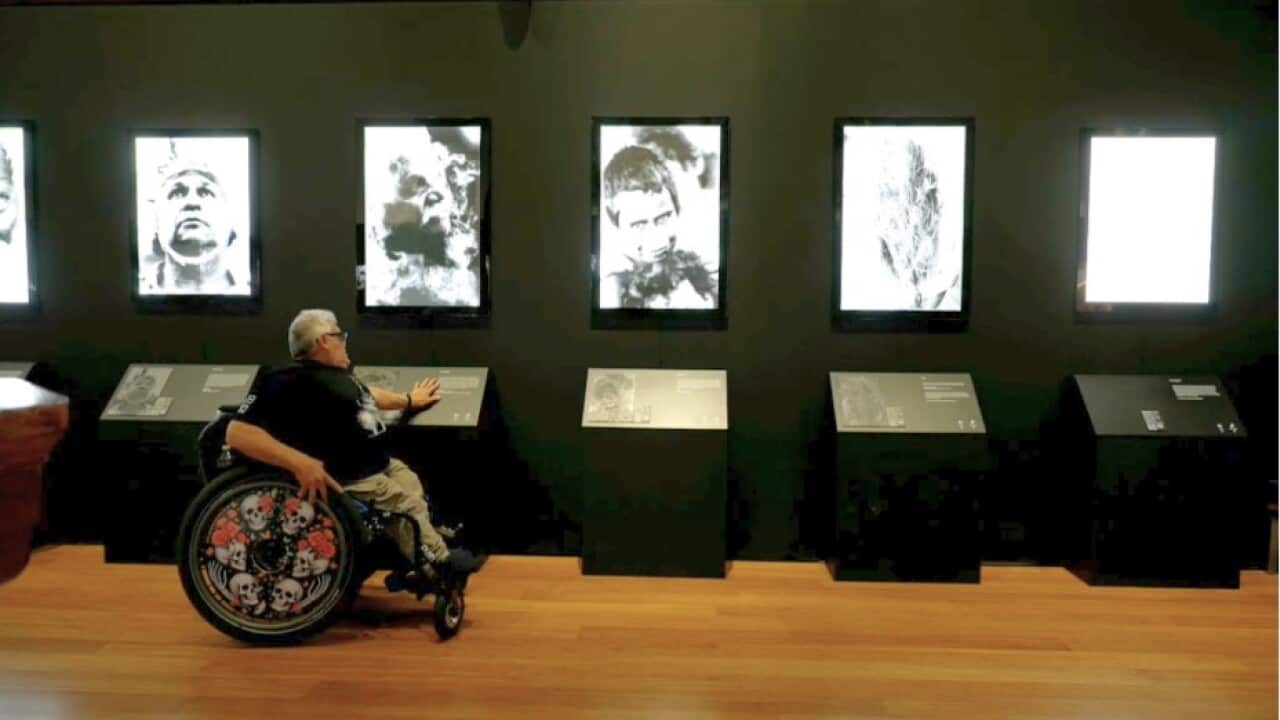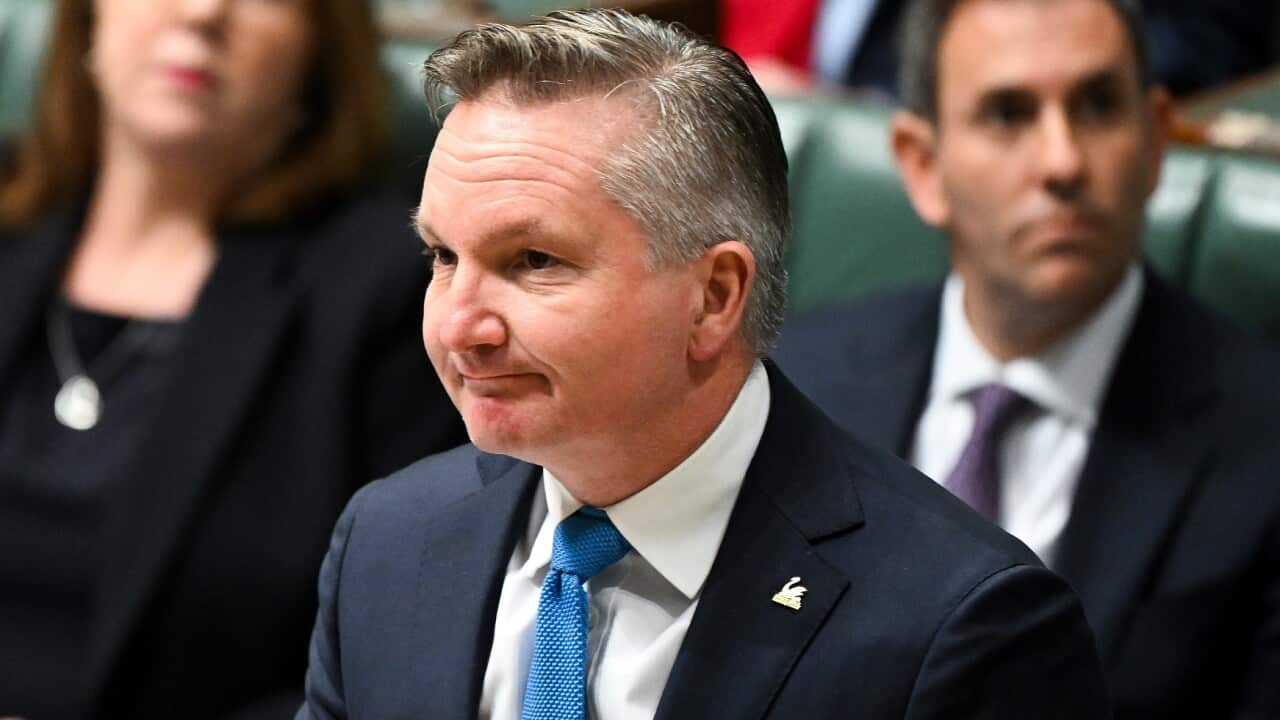Listen to Australian and world news, and follow trending topics with SBS News Podcasts.
Stolen Generation survivor Fred Penny was removed from his family as a child and taken to an institution called Wandering Mission, in the south of Western Australia.
"I was there for 12 years, and I know that there are a lot of terms and words you can use for that situation, but all I know is that 12 years of my life, my life with my family were non-existent. And you can never get that back."
He says the Western Australian government's announcement of a redress scheme for Stolen Generation survivors is a small step toward addressing the harm caused by forced removals.
"The trauma that we carry has obviously affected the trajectory of our lives. And it's not everything, but it definitely will help. Not just ourselves but our families as well."
The scheme, which makes $85,000 payments available to living survivors, comes after years of campaigning and lobbying.
Shannon Dodson is CEO of the Healing Foundation, an Aboriginal and Torres Strait Islander organisation working with communities to address the ongoing trauma caused by forced removals.
"It's long overdue, but I think the fact that it has been put into action, and hopefully will be dealt with in a way that is survivor-centred, but also ensures that survivors can get payments quickly, I think it's really good news, and I'm really looking forward to working with the WA government on how we can deliver an effective scheme."
She says while no amount of money can compensate for the damage caused, redress is also about truth-telling.
"What we have heard from survivors is that redress is a way of validating their experience. It's not just about the money, it's also that acknowledgment that these past policies have been destructive and that it has caused pain and trauma. That's why the scheme really needs to be not just about the money but also about what are the supports that are in place for survivors to be able to tell their story."
The announcement, delivered by Western Australia Premier Roger Cook, leaves Queensland now the only jurisdiction in Australia without a redress scheme for survivors.
Historian Jackie Huggins spoke at the South Australian Reconciliation breakfast, and she says she's hopeful Queensland will also eventually listen to calls for action.
"Despite what governments hold against us and put against us to stop us, nowhere is it clearer than in my home state of Queensland where truth-telling and treaty and healing aspects have been put on hold, I believe. But they will come around. They always do, the pendulum swings back and forth."
This year's Reconciliation Week theme is "Bridging Now to Next", invoking the memory of the day 25 years ago when a quarter of a million people walked across Sydney Harbour Bridge in support of First Nations people.
Former Labor Senator Pat Dodson says the path towards truth telling and ultimately a treaty should remain a firm objective of reconciliation - despite the failure of the Voice Referendum.
"But as deeply disappointing as that result was, let us not forget that 40 per cent of Australians said yes. Those who would interpret the no vote as a mandate to retreat from substantive aspects of reconciliation need to rethink that view."
He says the current Labor government has an opportunity to be courageous, and take serious steps toward reconciliation.
"The tides of time and the ill winds should not stop them from implementing the Uluru Statement from the Heart in full. There is no reason, and I say there is no reason, why the establishment of a Makarrata Commission should not be explored and implemented within this term of government. Such a commission can lay the groundwork for truth-telling and treaty-making processes."
Reconciliation week runs until 3 June, timed to mark two significant dates - the successful 1967 referendum and the High Court Mabo decision.
Indigenous activist Thomas Mayo says it's time for the current government to make its own historic changes, and listening comes first.
"Australians voted for progress on the 3rd of May... and that gives me confidence. It should give federal Labor, the federal Labor government some confidence that they can have some courage and do some big things, and the first step there is to listen to indigenous leaders about what those steps should be."













